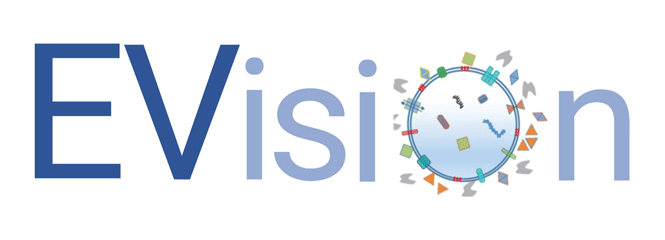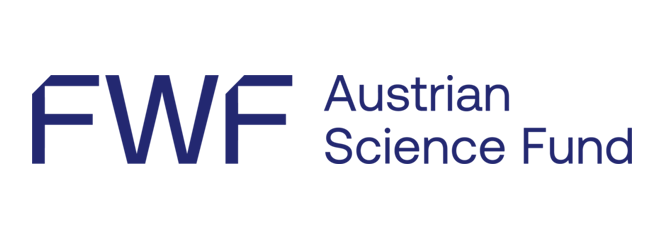Description
The doc.funds.connect project “Extracellular Vesicles in Inflammation” (EVision) aims to investigate molecular and cellular mechanisms of EVs in inflammation.
The program will be implemented jointly by the University for Continuing Education Krems, the University of Applied Sciences Krems and the Medical University of Vienna. It is supported by a network of international collaborators offering tailored mobilities for the PhD students.
Inflammatory diseases are a major cause of morbidity, disability, and mortality and the most significant cause of death worldwide. Ample evidence suggests that chronic low-grade and sterile inflammation are important contributors to aging. In the physiological context, inflammatory processes are required for host defense, clearance of necrotic cells, wound healing, and tissue regeneration. Dysregulated inflammation, however, can cause tissue damage, organ dysfunction, as well as acute and chronic disease.
The project aims to enhance the current understanding of the immunomodulatory function of EVs in inflammation and their impact on different target cells in the vasculature.
The project encompasses five PhD projects, which address different aspects of the immunomodulatory function of EVs, their effect on different target cells, as well as the underlying mechanisms.
The PhD projects will focus on:
(1) the potential of platelet- and red blood cell-derived EVs to induce a shift towards inflammatory monocyte subsets;
(2) the capacity of EVs originating from mesenchymal stem cells (MSC-EVs) to mediate anti-inflammatory effects on monocyte subsets;
(3) the dependence of the immunoregulatory function of MSC-EVs on the activation of different Toll-like receptors;
(4) the potential of EVs carrying oxidation-specific epitopes in inducing inflammatory monocyte subsets; and
(5) the uptake and clearance mechanisms of EVs carrying oxidation-specific epitopes by their target cells.
Lectures
„EVision“ PhD Project Joint Doctoral Programme
ASEV-CzeSEV Joint Meeting on Extracellular Vesicles, 16/09/2024

